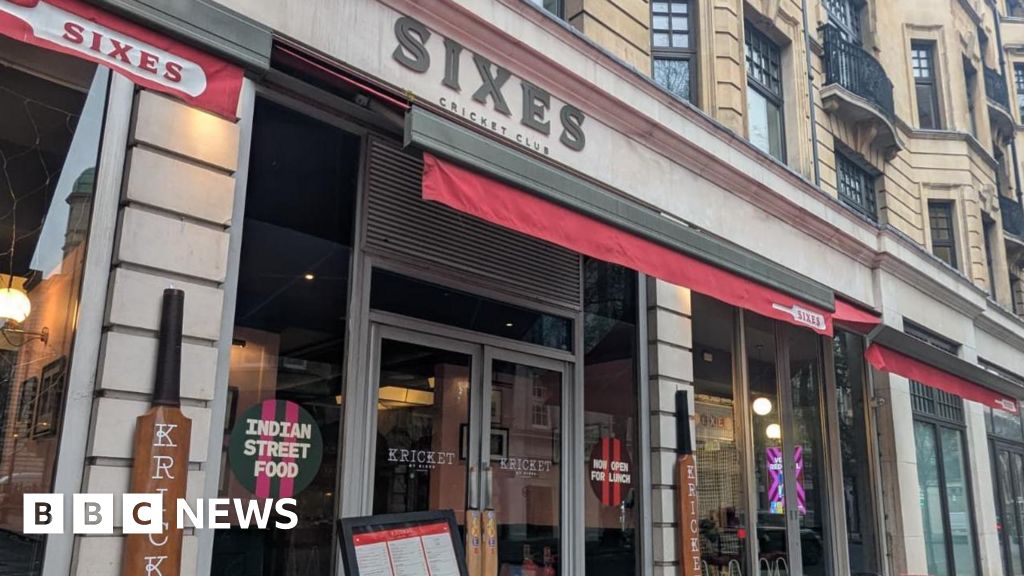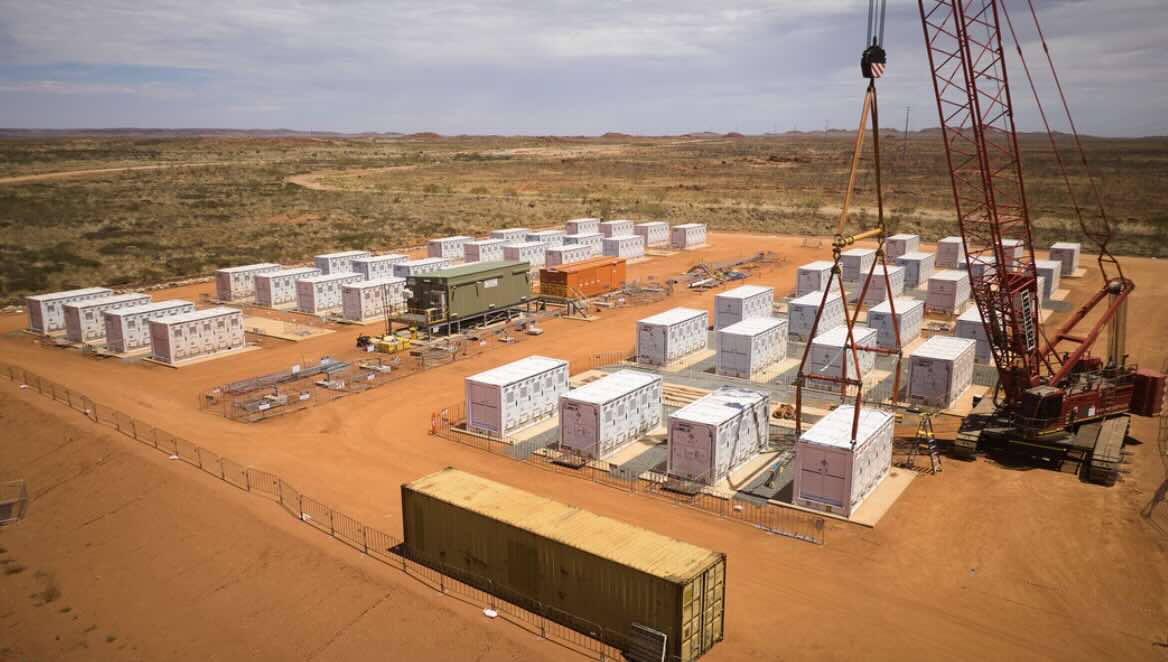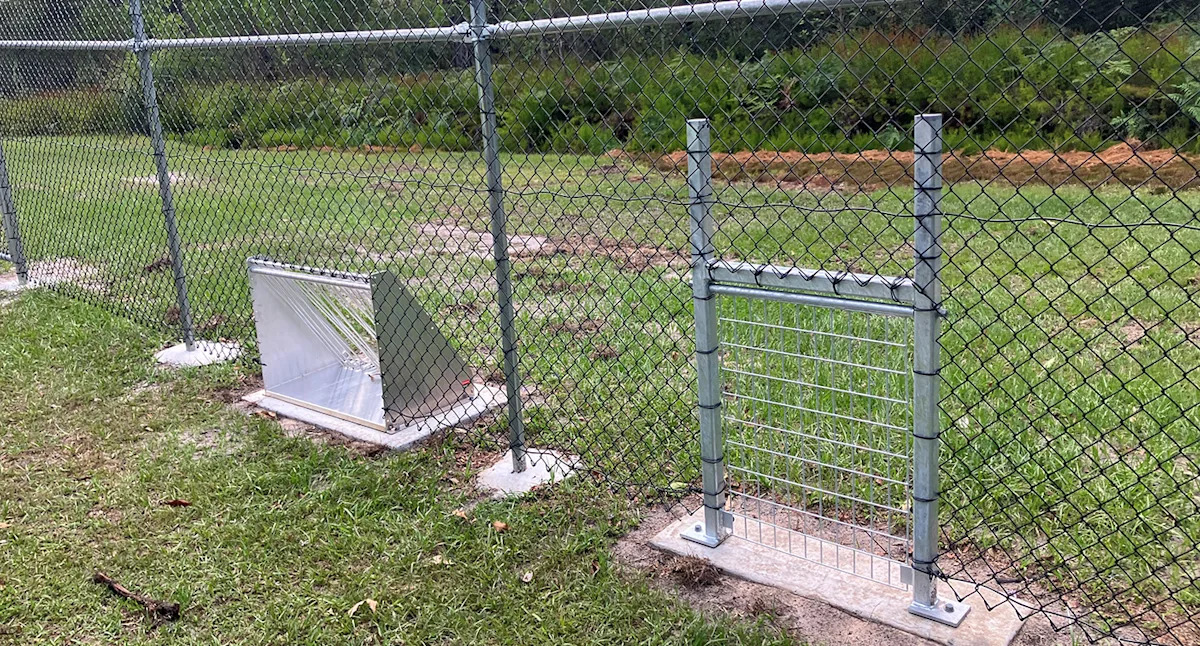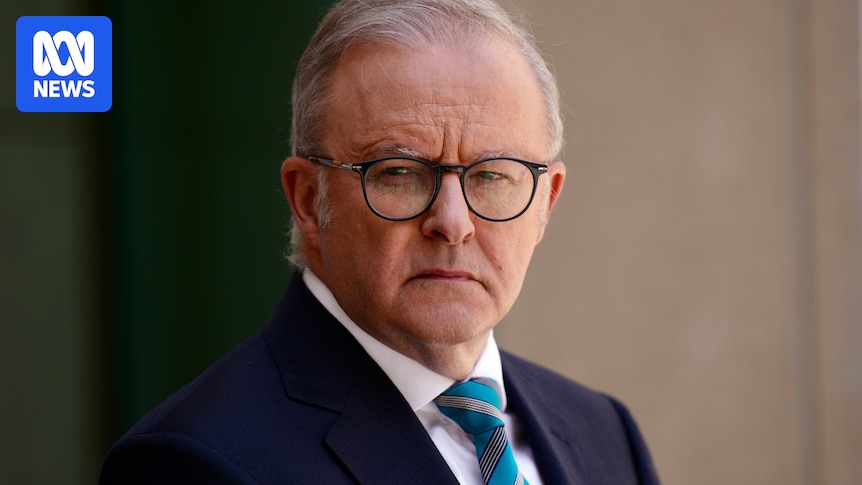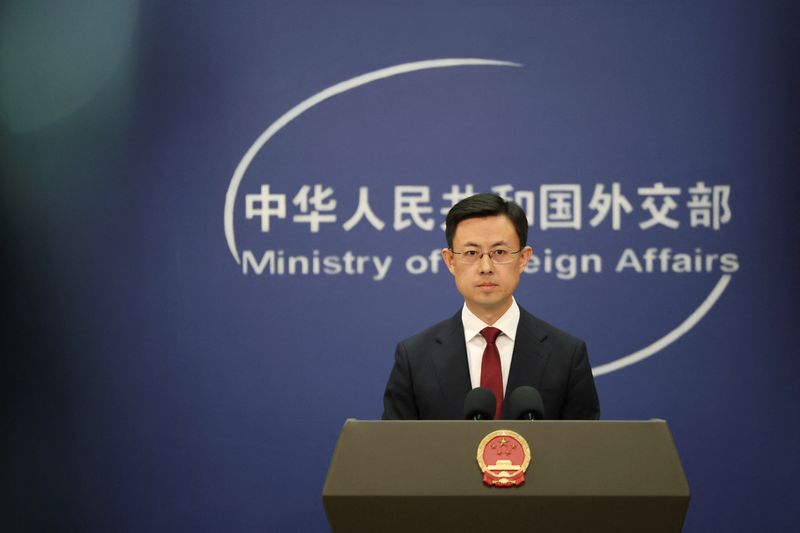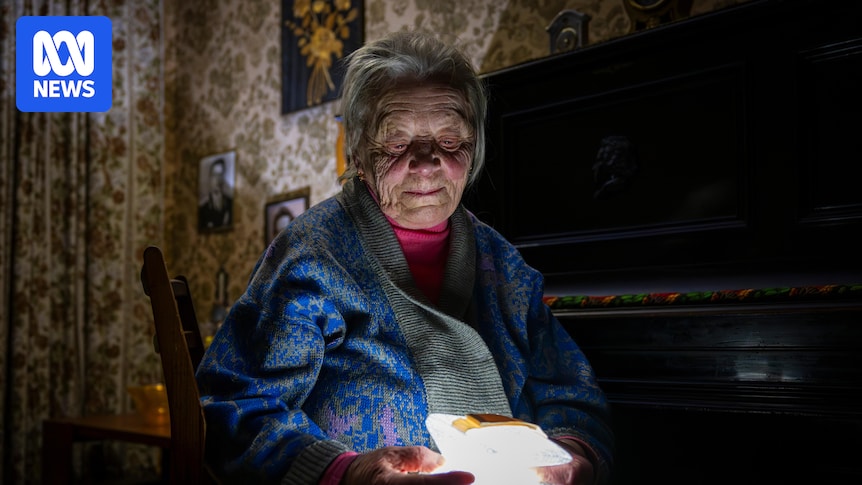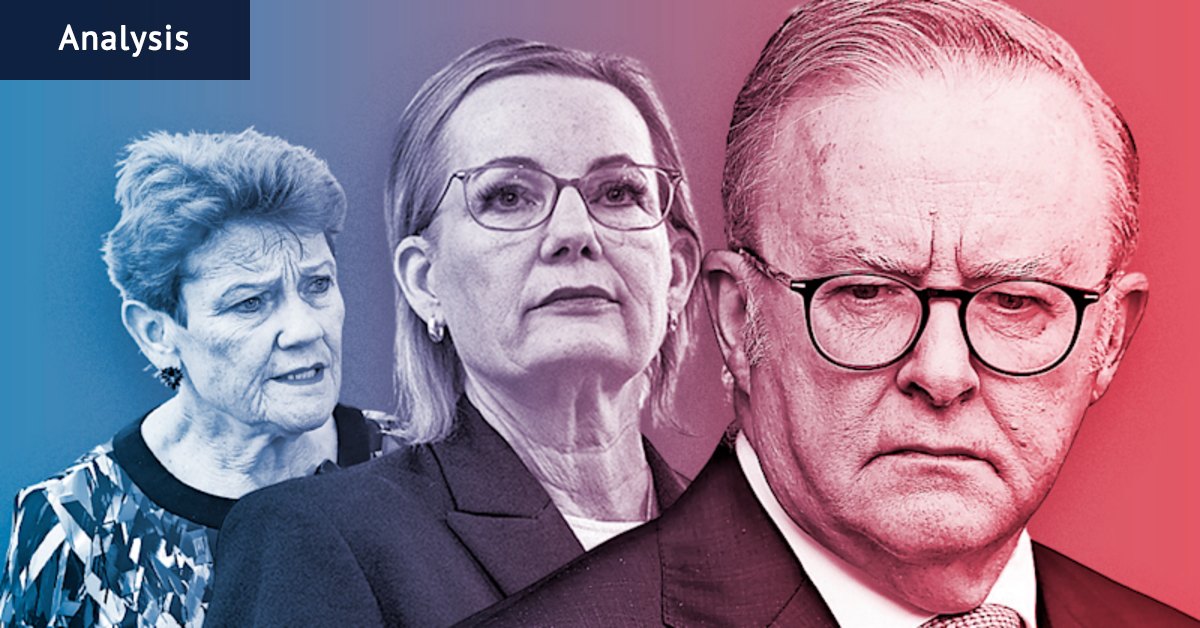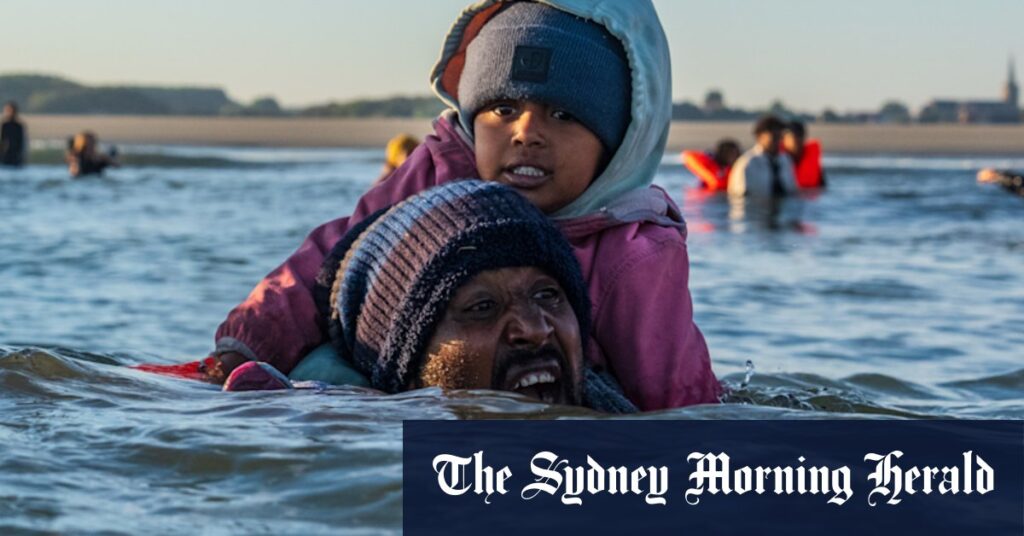
The UK government has intensified its criticism of France over the increasing number of asylum seekers crossing the English Channel, as French migrant camps near capacity. This comes amid a backdrop of heightened tensions and logistical challenges faced by both nations in managing the flow of migrants seeking refuge in the UK.
In the early hours at Loon-Plage, a small town in northern France, police vans and gendarmes on motorbikes descended upon a makeshift camp of asylum seekers. The operation, marked by a show of force, was part of a broader effort by French authorities to dismantle networks of people smugglers exploiting the region’s proximity to the English Channel. Despite the police presence, the asylum seekers, mostly young men, appeared resigned rather than alarmed, continuing their daily routines amidst the disruption.
This eviction marks the second such operation in a week, underscoring the ongoing struggle to manage the migrant crisis. The beaches near Dunkirk, known for their strategic location for launching boats to the UK, have seen increased activity, with British officials attributing the arrival of 43,000 migrants in the past year to French inaction.
Complex Dynamics at Play
The migrant situation is a complex interplay of humanitarian needs and geopolitical tensions. While French authorities attempt to prevent boats from departing, their efforts often end once the vessels reach open water. The asylum seekers, aware of these dynamics, aim to evade French patrols and reach British waters, where they are more likely to be intercepted and processed by UK border authorities.
The UK has criticized France for not doing enough to prevent crossings, but French officials argue that they are doing their part within legal constraints. Asylum seekers are not detained for attempting to cross, leading to a cycle of evictions and relocations within France.
Human Stories Amidst the Crisis
Among those caught in this cycle is Mahmoud, a 24-year-old from Libya. He recounts his perilous journey across the Mediterranean and his hopes of reaching the UK to join family. “I hope, I pray,” he says, reflecting the uncertainty faced by many. His story is echoed by others like a young Yemeni man, who fled civil war only to find himself in a precarious situation in Calais.
The camps along the French coast are a temporary refuge for many, but they are also a stark reminder of the desperation driving these journeys. The lack of women and children among the migrants has fueled criticism in the UK, where public opinion is increasingly polarized.
Political and Social Ramifications
The migrant crisis has become a contentious issue in UK politics, with figures like Conservative politician Chris Philp facing hostility during visits to French camps. Media portrayals of the migrants often exacerbate public fears, focusing on the young men attempting the dangerous crossing.
In response, some British citizens have expressed willingness to accept women and children, but remain wary of the predominantly male groups making the journey. This sentiment reflects broader concerns about security and integration, as well as the challenges of distinguishing between economic migrants and genuine asylum seekers.
Looking Ahead
As winter approaches, the conditions for crossing the Channel become more perilous, yet the flow of migrants shows little sign of abating. Both the UK and France face mounting pressure to find sustainable solutions to this humanitarian and political crisis.
Efforts to strengthen cooperation between the two countries continue, but the path forward remains fraught with challenges. The situation demands a nuanced approach that balances border security with compassion and adherence to international asylum laws.
Ultimately, the resolution of this crisis will require not only bilateral agreements but also broader European cooperation and a commitment to addressing the root causes driving migration.
